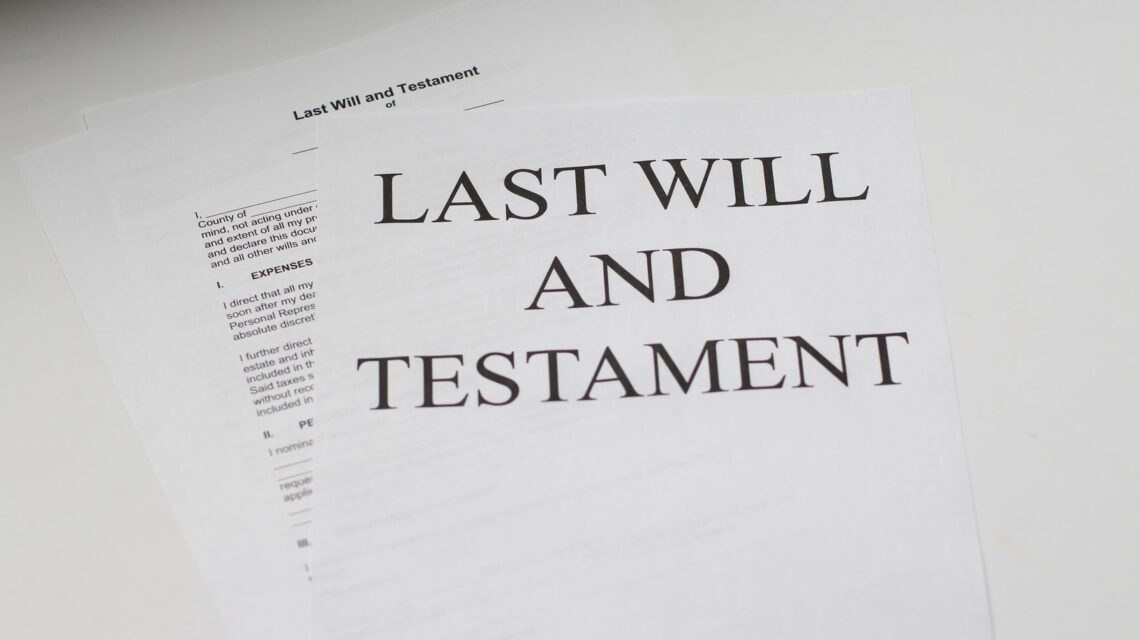The Tennessee Court of Appeals in Nashville recently held that a decedent’s handwritten note in a Bible—which belonged to a close friend but was found among the decedent’s personal effects after her death—constituted a valid codicil that amended her will. A codicil is “[a] written amendment or addition to an existing will,” and, as with the preparation and execution of wills themselves, states have specific requirements that must be met for a codicil to be valid and legally change the decedent’s will. In addition, some states allow wills and codicils to be handwritten, or “holographic,” and apply a more lenient set of requirements for the execution of such documents. In…
-
-
NO CONTEST CLAUSES IN WILLS: WHAT ARE THEY, AND DOES NORTH CAROLINA ENFORCE THEM?
When you create an estate plan, you plan out how you want your assets to be distributed after you die. However, what many people do not plan for in creating their estate plans is the possibility of someone challenging their will later on, for example, by arguing you lacked the testamentary capacity required to create a valid will. One option to discourage challenges to your will after you die is the inclusion of a “no contest clause,” also known as an “in terrorem clause” (translated from Latin to mean “so as to produce terror”). A no contest clause is a provision in a will stating that if a devisee challenges…

